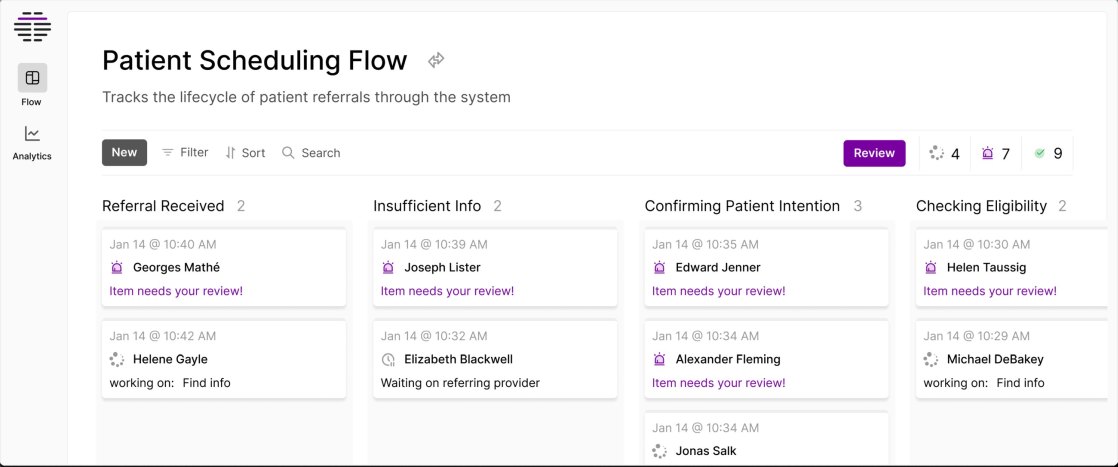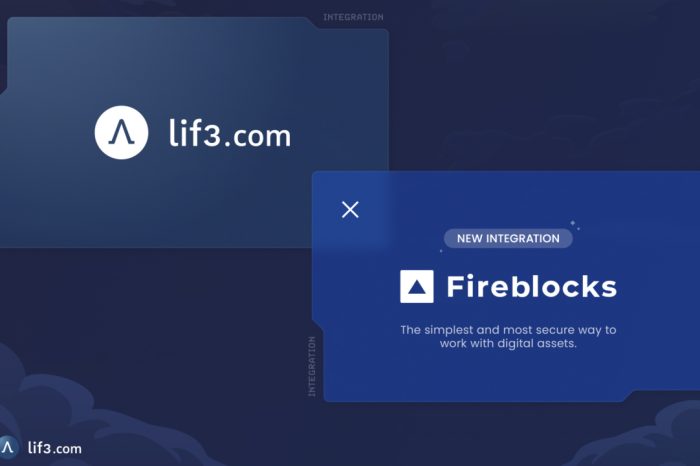HealthTech startup Tennr raises $18M series A funding led by a16z to fix fax machines for healthcare using AI

Fax machines, often considered relics of a bygone era, continue to pulse with life in the modern healthcare landscape, processing a staggering 9 billion transactions annually. Despite the rise of telephones and the internet, the healthcare sector clings to fax machines for their reliability in transmitting critical information. While many startups aim to consign faxes to history, Tennr, a disruptive health tech firm, is embracing this antiquated technology to revolutionize healthcare workflows.
Tennr, headquartered in New York, harnesses sophisticated AI models to streamline operations for healthcare providers, eliminating manual bottlenecks and enhancing patient care. Notably, Tennr’s referral solution expedites patient intake processes and simplifies insurance communications, catapulting practices into a new era of efficiency.
Today, Tennr announces a significant milestone with an $18 million Series A funding round led by a16z, alongside Foundation Capital and The New Normal Fund. Notable investors from the seed round include YCombinator, Zaza Pachulia, and Jennifer Kaehms, among others. With this latest injection of capital, Tennr’s total funding reaches over $25 million.
Founded in 2019 by Trey Holterman, Diego Baugh, and Tyler Johnson, Tennr addresses the manual inefficiencies plaguing healthcare organizations, allowing them to unlock untapped potential for growth and revenue generation. Leveraging configurable automation tailored to each organization’s unique workflows, Tennr seamlessly integrates with existing tools, sparing practices the need for disruptive transitions or increased headcounts.
The genesis of Tennr traces back to the founders’ undergraduate days at Stanford, where they delved into machine learning’s transformative power in automating mundane tasks across various industries. Post-graduation, the team devoted years to crafting robust systems for document analysis and data entry, tailored specifically for healthcare applications. Today, healthcare practices nationwide rely on Tennr to automate diverse tasks, from referral processing to claims auditing, heralding a new era of operational efficiency.
Despite the healthcare sector’s gradual shift towards electronic health records (EHRs) spurred by the HITECH Act, faxes remain entrenched in day-to-day operations. This reliance on manual faxing perpetuates a litany of challenges for practices, from time-consuming processes to costly claim denials and employee burnout.
Unlike conventional solutions aiming to phase out faxing, Tennr adopts a novel approach, seamlessly integrating with existing fax infrastructure to augment rather than replace it. By intercepting digital faxes and automating associated tasks in real time, Tennr alleviates the burdens imposed by manual workflows, ensuring swift and accurate patient care.

Tennr’s Patient Scheduling Workflow
Trey Holterman, CEO and co-founder of Tennr, emphasizes the company’s commitment to addressing tangible pain points within healthcare workflows. By leveraging AI to navigate the complexities of information flow, Tennr empowers practices to achieve tangible business growth, transcending mere efficiency gains.
“When building Tennr and this healthcare integration, we looked at what’s actually needed and saw what was possible with technology. Our number one integration today is across fax providers, on-prem file storage systems and EHRs from the 90s. And this is the real life need of the industry. But beyond that, what people miss the most in all of this is that it’s not about just automating work or making teams faster,” Tennr co-founder and CEO Trey Holterman said.
He added, “Lots of people can build tools that make admins marginally faster–that just doesn’t move the needle. Instead, our research team is building models based around this very complex information flow, being able to parse it for one practice at a time, and then do the work so well that you can turn it into very clear growth for a business. And yes, the e-fax ends up being in the middle of it all.”
Insurance denials, often stemming from inaccurate or incomplete information, pose significant challenges for providers and patients alike. Tennr intervenes on both fronts, automating information exchange with commercial payors and preemptively rectifying errors before submission, thereby expediting reimbursement processes and minimizing administrative burdens.
Navigating the intricacies of fax-based workflows and integrating with legacy systems present formidable technical challenges for Tennr. Yet, partnerships with industry leaders like NMA and Prominence Health underscore Tennr’s transformative impact on healthcare operations, fostering enhanced patient experiences and care coordination.
As Tennr continues to refine its fax integration capabilities, its vision extends beyond streamlining patient intake and insurance communications. With AI at its core, Tennr aims to tackle broader systemic inefficiencies within the US healthcare system, propelling the industry towards a future defined by operational excellence and patient-centric care.
In the words of Kristina Shen, general partner at Andreessen Horowitz, Tennr’s laser focus on solving concrete problems underscores its potential to drive meaningful change within healthcare, transcending the realm of theoretical AI applications.
“Amidst the theoretically unbounded possibilities of AI, the Tennr team has impressed us with their unwavering focus on building applications solving specific, tangible problems for their customers,” Kristina said.

